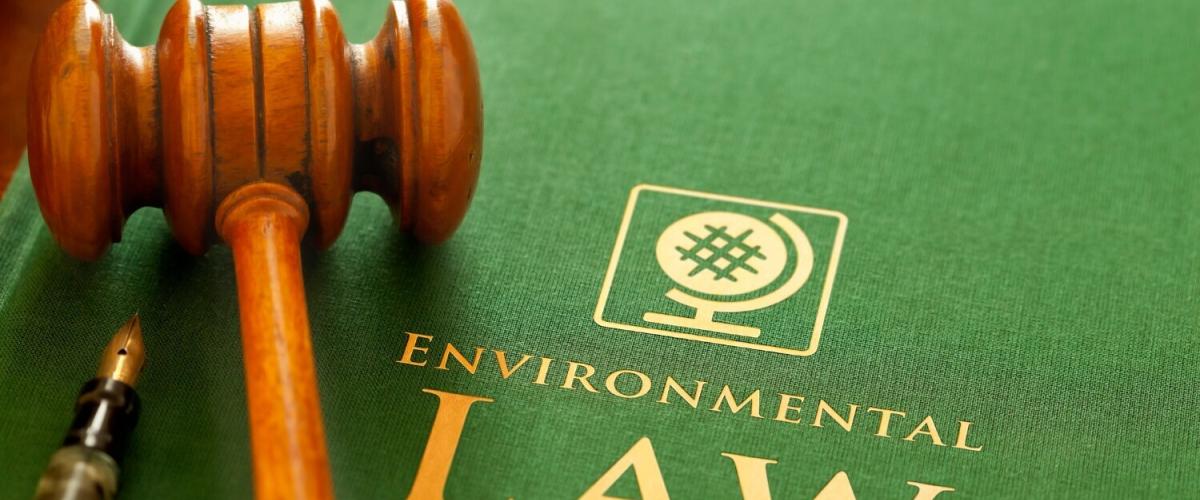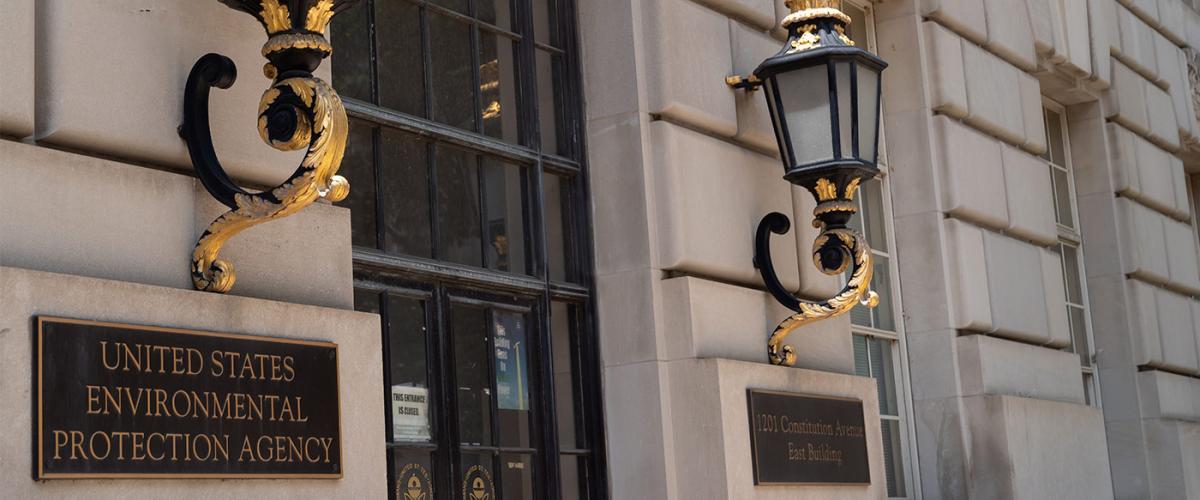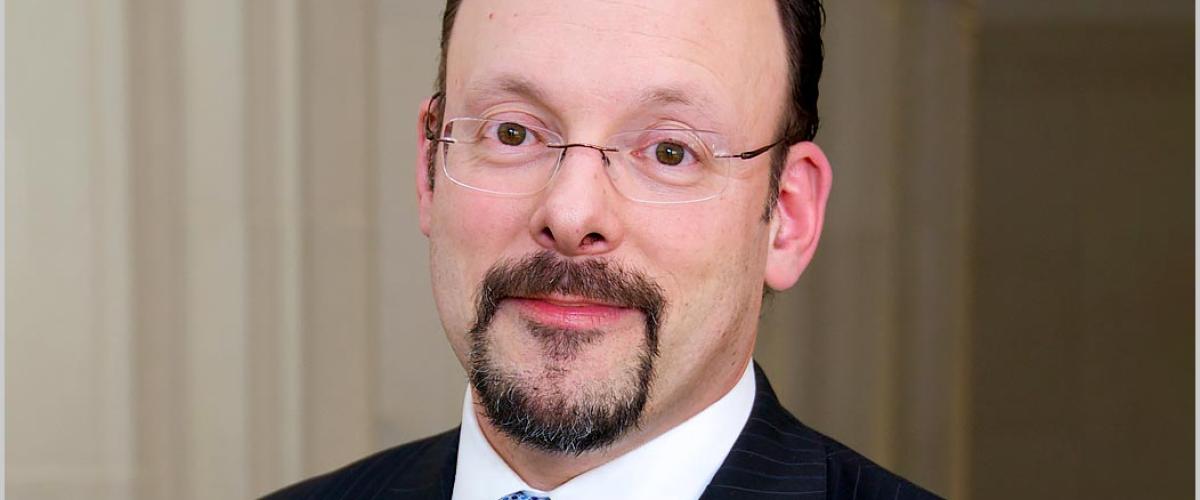On Friday, April 8, 2022, the Coleman P. Burke Center for Environmental Law will sponsor “The Clean Water Act at 50,” a day-long interdisciplinary symposium that will explore the successes, failures and remaining challenges of the Clean Water Act.
In 1972, responding to widespread and growing concern about the fate of the nation’s waters, Congress enacted the Federal Water Pollution Control Act Amendments of 1972, commonly known as the Clean Water Act. This far-reaching federal legislation sought to eliminate the discharge of pollution into waterways and ensure that rivers and streams are swimmable and fishable. Since that time, the nation has made substantial progress in controlling water pollution, particularly from point sources, but many significant water quality changes remain, as do legal questions about the scope and application of federal regulations to activities that can affect water quality and resources.
Confirmed speakers include:
- Robert W. Adler, University of Utah College of Law
- Annie Brett, University of Florida Levin College of Law
- William Buzbee, Georgetown University Law Center
- Robin Kudis Craig, USC Gould School of Law
- Bonnie Keeler, University of Minnesota Hubert H. Humphrey School of Public Affairs, Center for Science, Technology, and Environmental Policy
- David Keiser, University of Massachusetts at Amherst, Department of Resource Economics
- Nina A. Mendelson, University of Michigan Law School
- Sheila Olmstead, University of Texas, Lyndon B. Johnson School of Public Affairs
- Dave Owen, UC Hastings College of Law
- Erin Ryan, Florida State University College of Law
- James Salzman, UCLA School of Law/Bren School of Environmental Science & Management





